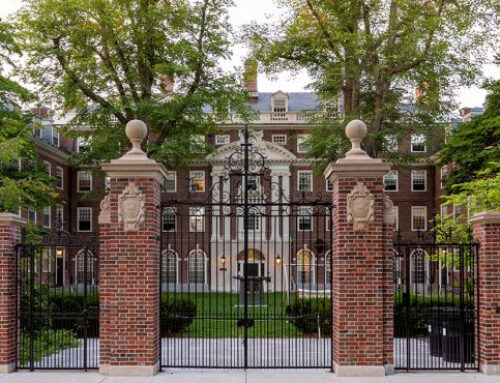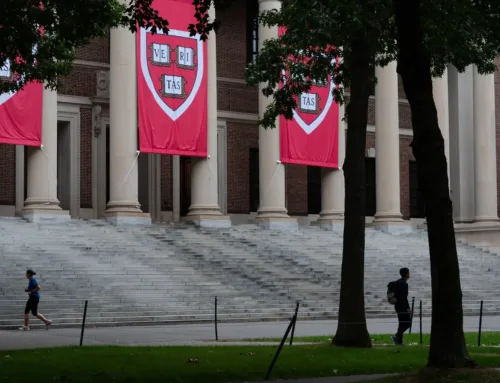Early Action or Early Decision: Ivy College Admissions
Choosing Early Action over Early Decision can be confusing. Make sure you’re making the right choice!
Early Action and Early Decision are both college application STRATEGIES. In other words, by getting your application in early, you will actually gain an advantage over students who apply regular decision.
How much of an advantage, you ask? That depends on the school, but in my experience it is usually quite a boost — up to a 10% increase in the chance that you’ll get in. When you’re talking about schools like Harvard, Princeton or Yale that adds up to be quite significant.
It’s hard to understand the difference between these two “Early” strategies though, and to make it even more difficult, each school has its own definition of the terms. That’s why it’s always important to look on the school’s actual website so you understand what exactly you will be committing to, should you get in.
Early Action versus Early Decision: The Definitions
- Early Action is the less “committed” of the two choices, and you can choose more than one school for EA. In fact, you can apply EA to as many schools as you want. It is non-binding, which means you still have full control over where you want to attend, and can wait to make a decision once all of your other EA application results are in.
- Early Decision is binding, however, and for that reason you can only pick one college as your Early Decision school. You usually find out if you got in mid-December and at that point will have to withdraw all of your other applications. Only pick ED if you KNOW you would be thrilled to go to your school!
To make things even more confusing, there are also categories like ED 1 and ED 2
All you have to remember is that ED 1 is the earlier November 1 deadline, and ED 2 is basically the exact same thing but in December, if you’re just not ready in November to submit your application.
Then, there’s Single-Choice Early Action (SCEA)
Also known as Restrictive Early Action. SCEA or REA is also non-binding, meaning you don’t have to go if you get in, however, you cannot apply to other schools’ EA or ED until you receive your decision from the school to which you applied SCEA.
In restrictive early action policies, however, you CAN still apply to public or state universities EA.
Now, some universities offer Single Choice Early Action or Restricted Early Action, which LIMITS your choice even more that the “rules” stated above, which is why it is very important to look at each school’s individual webpage first, to make sure you understand what you are and are NOT committing to.
I usually don’t recommend students apply SCEA or REA for this reason, and keep things simple by applying ED or EA alone.
So, should you apply early?
I think yes. It does give you an advantage, it allows you to receive your college acceptances (or rejections) earlier, it helps you make other plans if you get waitlisted or deferred and it give you more peace of mind.
Personally, I tell my students to do ED only, but that’s for another blog post another day!
If you are currently applying to college and looking for expert tips and advice from a former Harvard admissions interviewer + Harvard grad, contact my Ivy League College Admissions Consulting Services today, and schedule a free phone consultation to get into the school of your dreams! www.IvyCollegeEssay.com
Check out my other Ivy League College Admissions Consulting blog articles too, for even more tips + advice, such as:
I work with all colleges and universities, but I specialize in the Ivy League, and Ivy League competitive schools!
- Harvard
- Princeton
- Yale
- Dartmouth
- Brown
- Columbia
- Cornell
- UPenn
- MIT
- Stanford






